Artist: Big Star Album: Third/Sister Lovers
Year: 1978Duration: 41:40
Third/Sister Lovers by Big Star: A Classic Album Review
Big Star is one of those bands that every true music lover recognizes as a seminal influence on power pop and alternative rock. Their music is timeless, pure and raw, brimming with melodic hooks that burrow deep into your mind and soul. Third/Sister Lovers, the third and final album by the band, is often considered the masterpiece of their work. But why? What makes this album so special? In this article, we’ll do a of Third/Sister Lovers, examining its musical style, best songs, and innovative parts, and ultimately see if it lives up to its acclaim.
Before we dive into the album, let’s talk a bit about the band. Big Star was formed in 1971 in Memphis, Tennessee, by singer/guitarist Alex Chilton and drummer Jody Stephens, with guitarist Chris Bell and bassist Andy Hummel joining soon after. Their first two albums, #1 Record and Radio City, are considered classics of power pop, blending Beatles-style melodies with hard-driving, punk energy. Unfortunately, they never achieved mainstream success, and tensions within the band led to Bell leaving before their third album.
Third/Sister Lovers was recorded in 1974 but wasn’t released until 1978, after the band had already broken up. Chilton and Stephens were the only remaining members, and they were joined in the studio by a disparate group of musicians, including horns, woodwinds, and strings. The result is an album that is much darker, eccentric, and experimental than their previous work. The original title of the album was Third, but the record company later added Sister Lovers as a subtitle, which was not the band's idea.
The album opens with “Kizza Me,” a hauntingly beautiful song with a catchy melody that suggests the Beatles but with a more mournful, introspective tone. “Big Black Car” is a slow-burning ballad with lush strings and a vulnerable vocal performance from Chilton. “Holocaust” is one of the most emotional songs on the album, with Chilton’s raw voice singing about love and loss over a sparse, haunting melody. Another highlight is the cover of “Femme Fatale,” a song originally by the Velvet Underground sung by drummer Jody Stephens.
The most innovative parts of the album come with its use of non-traditional instruments: a string quartet, a recorder, and a flugelhorn. This was groundbreaking for the time, as it showed that rock bands could incorporate orchestral elements and not just be limited to guitars, bass, and drums. Chilton’s production is also noteworthy, as he utilized a primitive four-track recorder to create an intentionally lo-fi, raw sound.
Finally, let’s talk about the criticism. The album was critically acclaimed upon its release, but its oddity and sadness meant it was never going to achieve commercial success. Some have criticized it as being too indulgent and self-indulgent, with Chilton’s eccentricities and emotional struggles coming to the fore. Others have celebrated it for its bravery and honesty, a true reflection of the artist’s soul. Ultimately, it’s up to the listener to decide whether the album is a masterpiece or a mess.
In conclusion, Third/Sister Lovers is a classic album that deserves the attention of any true music lover. It may not be the most accessible or cheerful album out there, but its dark beauty and experimental nature are truly something special. By examining the history of the band, the musical style of the album, its best songs, and its innovative parts, we can appreciate the true artistry that went into making it. And even if it isn’t your cup of tea, it’s an essential part of the musical pantheon that deserves recognition and respect.
In conclusion, Third/Sister Lovers is a classic album that deserves the attention of any true music lover. It may not be the most accessible or cheerful album out there, but its dark beauty and experimental nature are truly something special. By examining the history of the band, the musical style of the album, its best songs, and its innovative parts, we can appreciate the true artistry that went into making it. And even if it isn’t your cup of tea, it’s an essential part of the musical pantheon that deserves recognition and respect.
Big Star albums
Other #Pop rock albums:
SIMILAR BANDS
balls, from 1 to 5, describe similarity between the two bands
SOMETHING NEW? LISTEN TO RADIOGENRE
 Dancehall
Dancehall Hardcore punk
Hardcore punk Breakbeat
Breakbeat Experimental music
Experimental music 2step
2step Alternative metal
Alternative metal Radio Cereal Killer
Radio Cereal Killer Electro pop
Electro pop Funk
Funk Sardinia
Sardinia
SUGGESTED PLAYLISTS







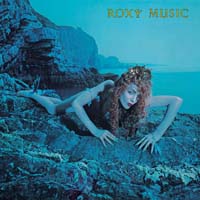


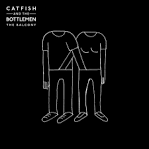







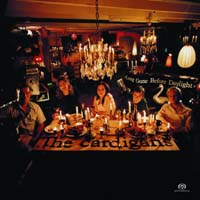
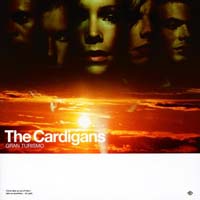
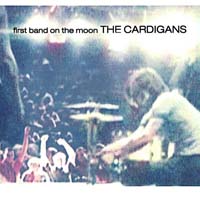


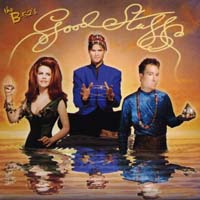

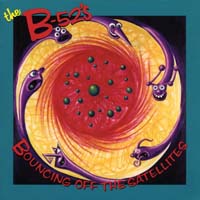


.jpg)


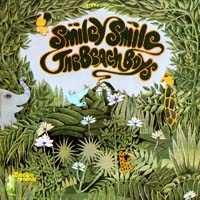

 666, the number of the beast
666, the number of the beast The electronic dream of the Matrix
The electronic dream of the Matrix The very best of trance
The very best of trance Discovering talents at the Busker festival
Discovering talents at the Busker festival The very best of progressive rock
The very best of progressive rock Fabric London, the electronic templum
Fabric London, the electronic templum The very best of neo soul
The very best of neo soul Charliehebdo
Charliehebdo The very best of cumbia
The very best of cumbia Punk generation
Punk generation